Cats are mysterious creatures. Their quirky habits might leave you puzzled, but they often make perfect sense when you delve into the feline psyche. Here are 13 weird cat behavior patterns that, once understood, can help you appreciate your furry friend even more.
1. Knocking Things Off Tables
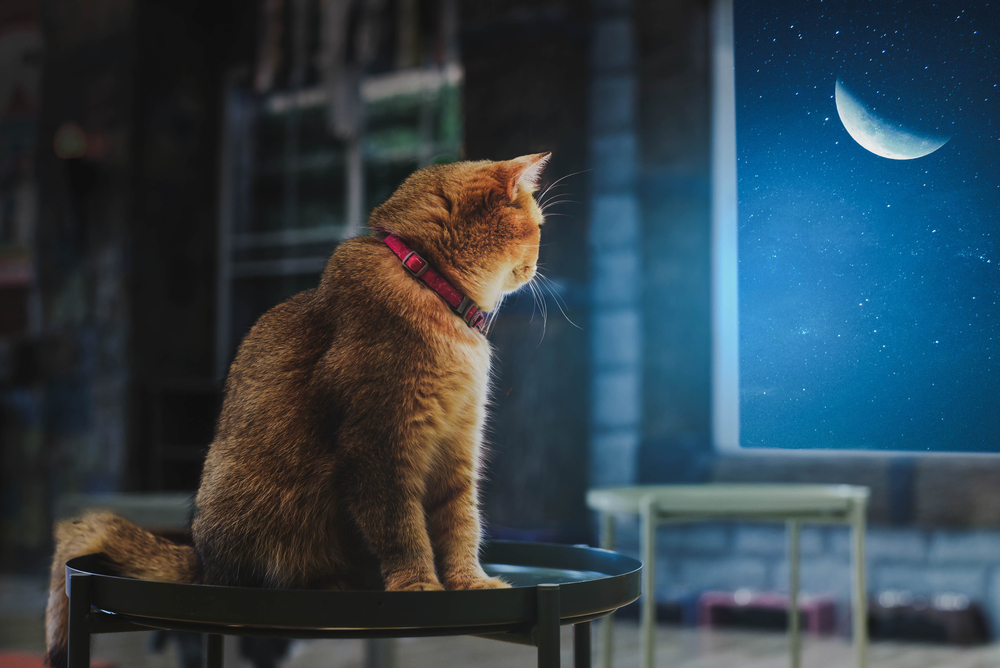
You’ve probably witnessed your cat batting random objects off tables, and it can feel like they’re just being mischievous. In reality, this behavior taps into their instinctual hunting practices. Cats are natural predators, and swatting at objects helps them practice capturing prey. It’s less about making a mess and more about honing their skills for the wild.
A study from the Journal of Feline Medicine and Surgery highlights how these actions mimic a cat’s predation techniques. By swatting objects, your cat engages both physically and mentally, maintaining their hunting prowess. So, the next time your cat sends your pen flying, think of it as their own version of a hunting drill. It’s a behavior born out of necessity, not naughtiness.
2. Bringing You “Gifts”
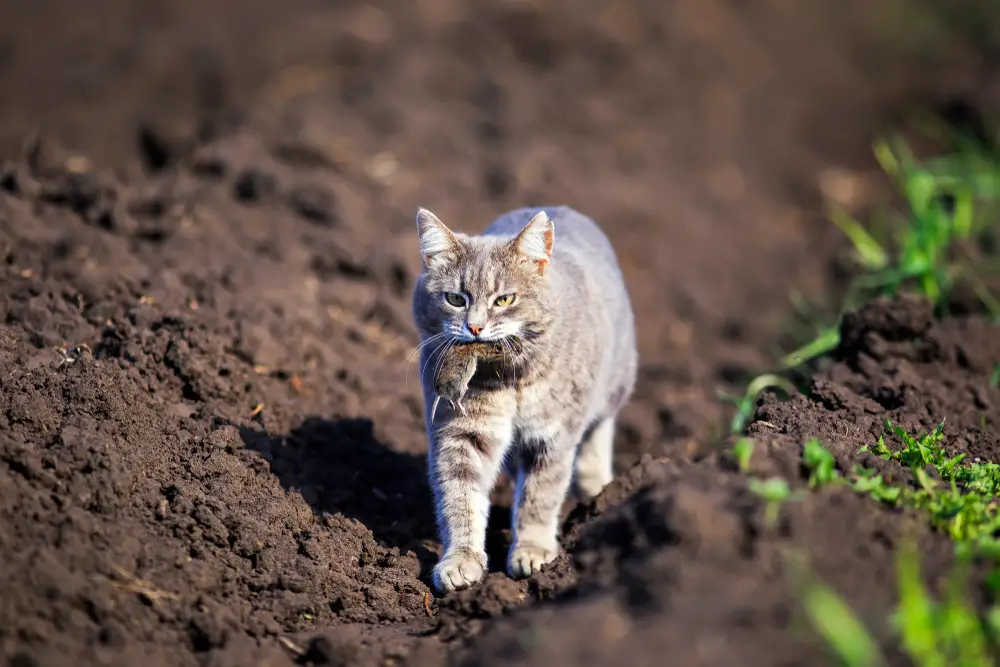
Nothing says “I love you” like a dead mouse on your doorstep, at least in the feline world. Cats are instinctive hunters, and bringing you a catch is a compliment, not a horror show. They see you as part of their family unit, and sharing food is their way of fostering social bonds. So, while you might prefer chocolate to a rodent, your cat’s intentions are rooted in affection.
This habit also reveals something about your cat’s view of you. They might see you as a somewhat inept hunter in need of assistance. While it’s not the most flattering perspective, it’s a sign of their loyalty. It’s their way of contributing to the household, even if their methods are unconventional.
3. Chattering at Birds
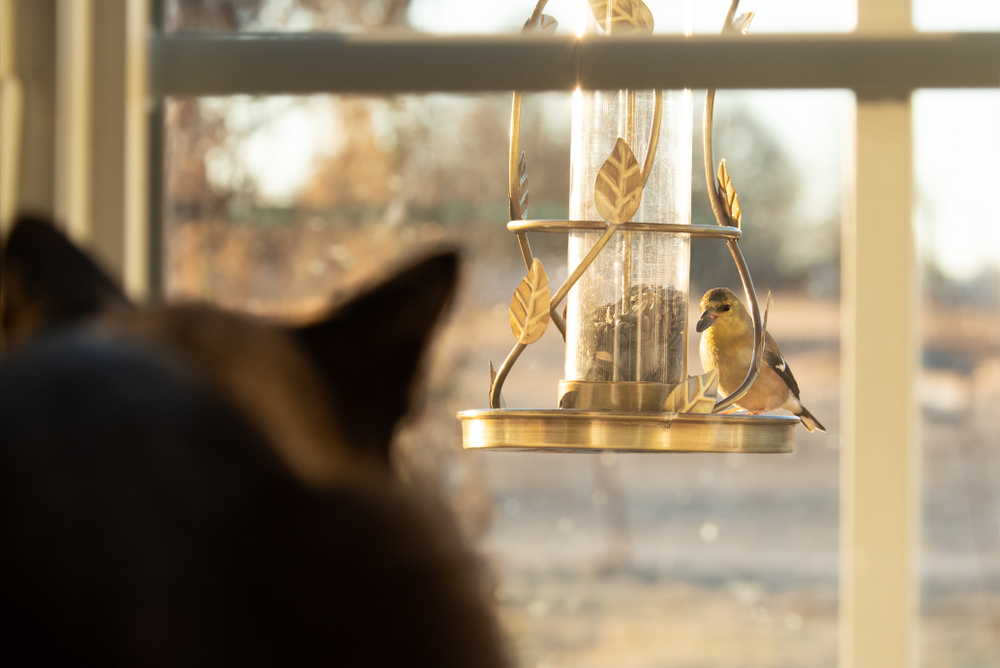
Ever notice the strange chattering noise your cat makes when they spot a bird? It’s an intriguing mix of excitement and frustration, often seen when they’re watching prey just out of reach. This behavior stems from their hunting instincts, as the chattering imitates the killing bite they would deliver to their prey. They’re essentially practicing their predation skills, albeit in a less gruesome way.
Animal behaviorists, including those at the University of California, suggest that this chatter might also be a form of communication or an emotional release. Watching birds can be both thrilling and frustrating for your cat, and the chatter might help them express these complex feelings. It’s not just noise; it’s a window into their predatory world. Next time, join in the excitement — but maybe leave the hunting to them.
4. Ignoring You on Command
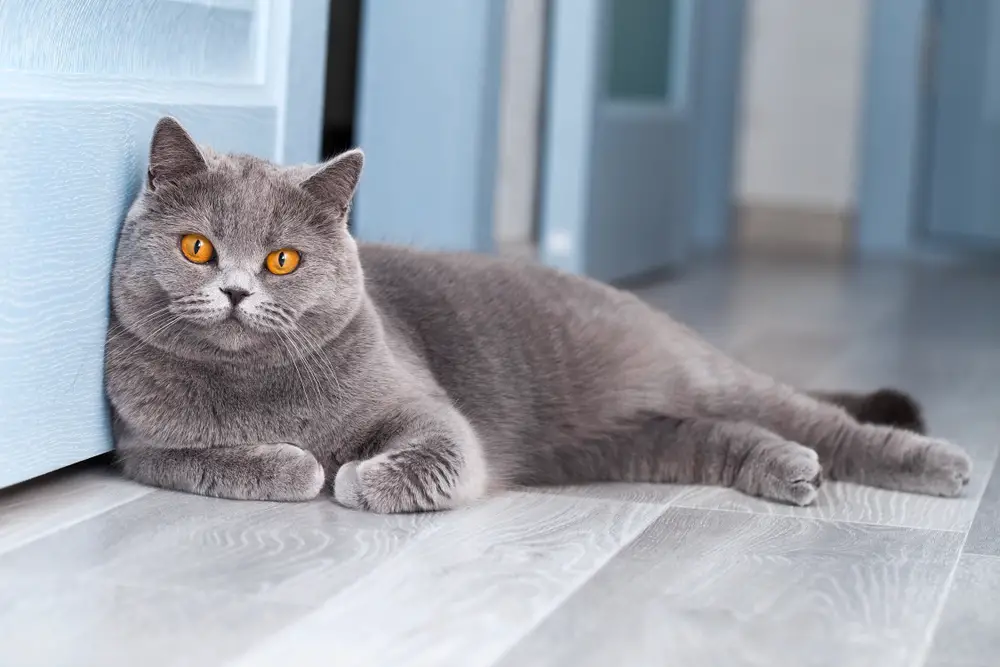
You call your cat’s name, and they give you the feline equivalent of a shrug. It’s not that they don’t care; cats are just incredibly independent creatures. Unlike dogs, who have evolved to respond to human commands, cats maintain a sense of autonomy. They might acknowledge your call, but responding on their time keeps them in control.
This behavior is deeply engrained, as cats have historically been solitary hunters. While dogs were bred to work alongside humans, cats were more self-sufficient. Responding to commands isn’t a priority in their evolutionary makeup. So, next time your cat ignores you, remember they’re not being rude — they’re being themselves.
5. Kneading with Their Paws
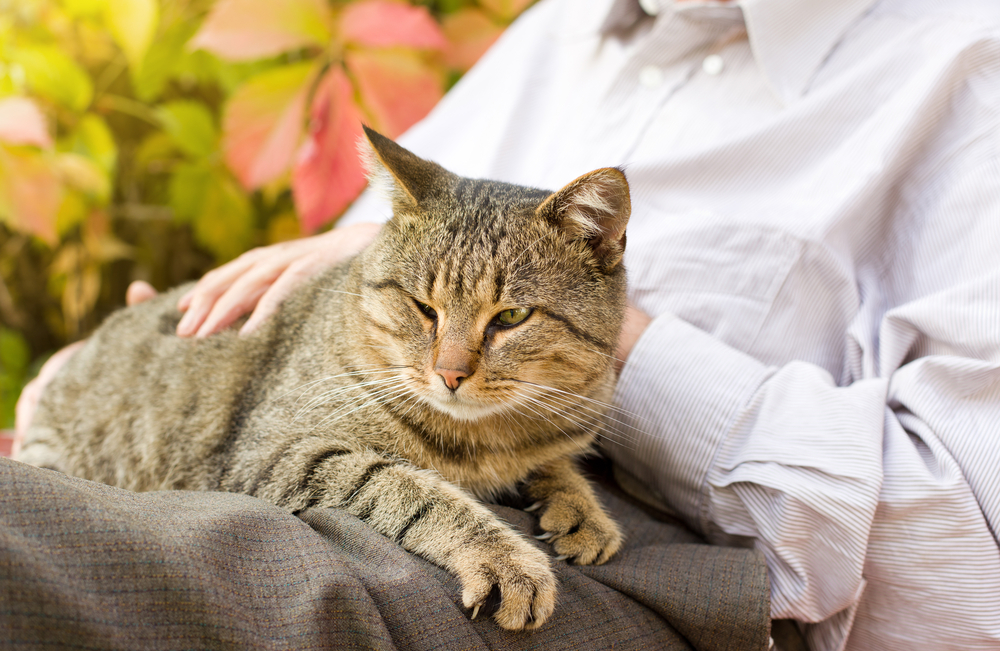
That rhythmic pushing motion your cat makes with their paws? It’s called kneading, and it’s a comforting behavior with roots in kittenhood. Kittens knead their mother’s belly to stimulate milk flow, and the action carries into adulthood as a self-soothing technique. When your cat kneads you, they’re often signaling contentment and affection.
According to Veterinary Behaviorists, kneading is also a way for cats to mark their territory. Glands in their paws secrete scent, subtly claiming you as part of their domain. It’s a multifaceted habit, combining comfort with communication. So, when your cat starts that gentle massage, know it’s a sign of trust and belonging.
6. Darting Around the House
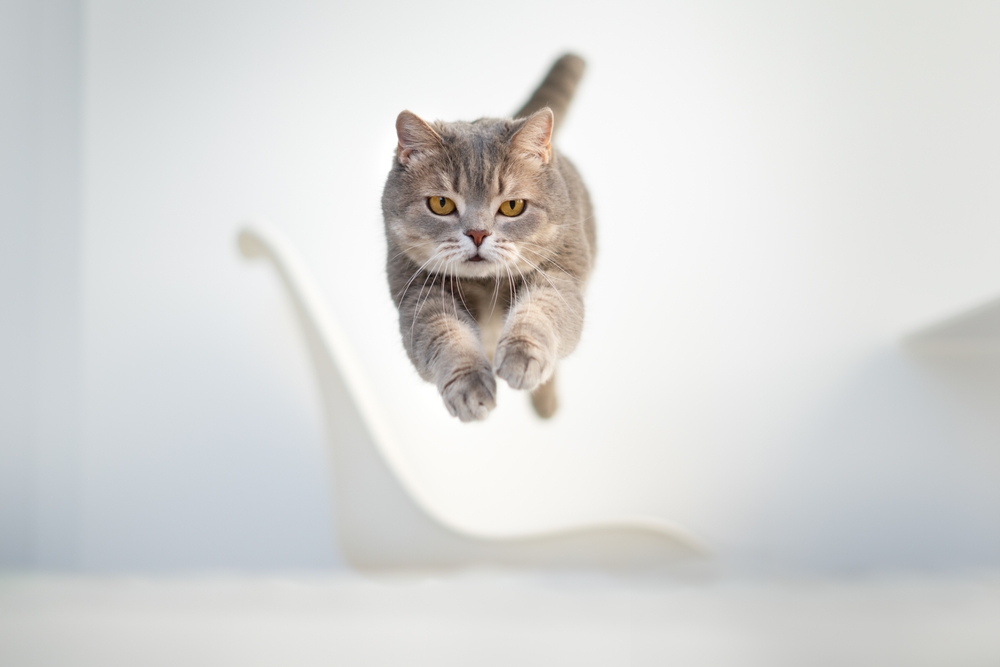
Sudden bursts of energy, often referred to as “zoomies,” can leave you baffled. Why do cats suddenly dash around the house at high speed? These episodes are a release of pent-up energy, a throwback to their wild ancestors who needed sudden bursts of speed to catch prey. It’s also a way for them to maintain their physical fitness and alertness.
In a domestic setting, these bursts can occur when a cat has been inactive for a while. Zoomies are more common in the evening, aligning with their crepuscular nature of being active during twilight. Rather than seeing it as a nuisance, consider it part of their natural exercise routine. After all, a cat’s gotta run!
7. Head-Butting You
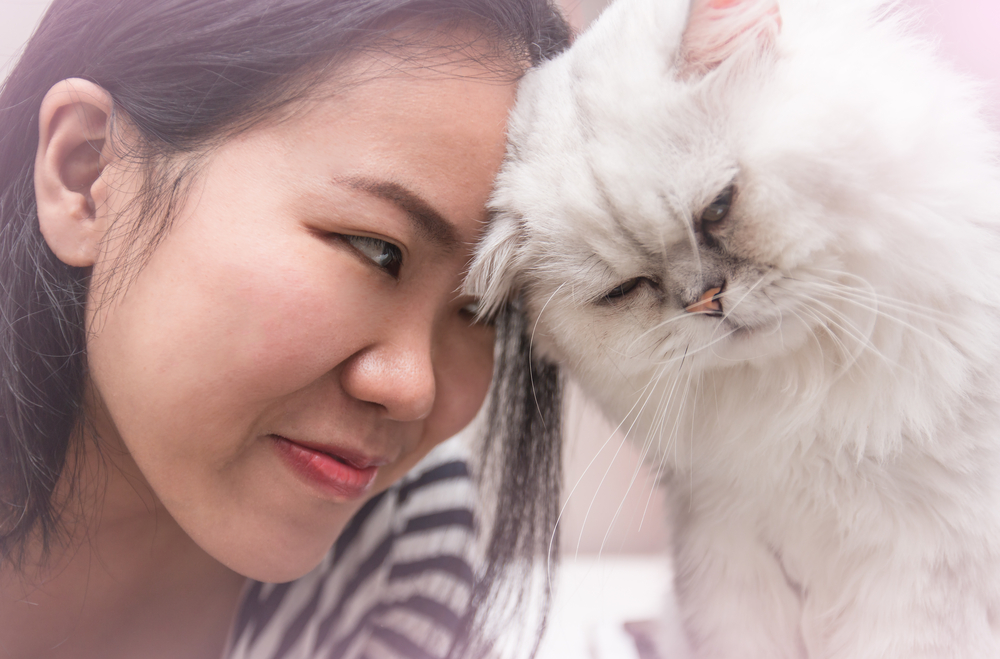
When your cat presses their head against you, they’re not just being cute. This behavior, known as bunting, is a form of affection and scent-marking. Cats possess scent glands in their heads, and by rubbing against you, they’re mingling their scent with yours. It’s their way of saying, “You’re part of my family.”
Experts from the American Society for the Prevention of Cruelty to Animals (ASPCA) note that head-butting is a strong sign of trust. Cats use their heads, a vulnerable body part, to bond with those they feel safe around. When your cat gives you a gentle head-butt, they’re expressing a deep-seated bond. It’s a warm, albeit slightly pungent, expression of love.
8. Sleeping in Small Spaces
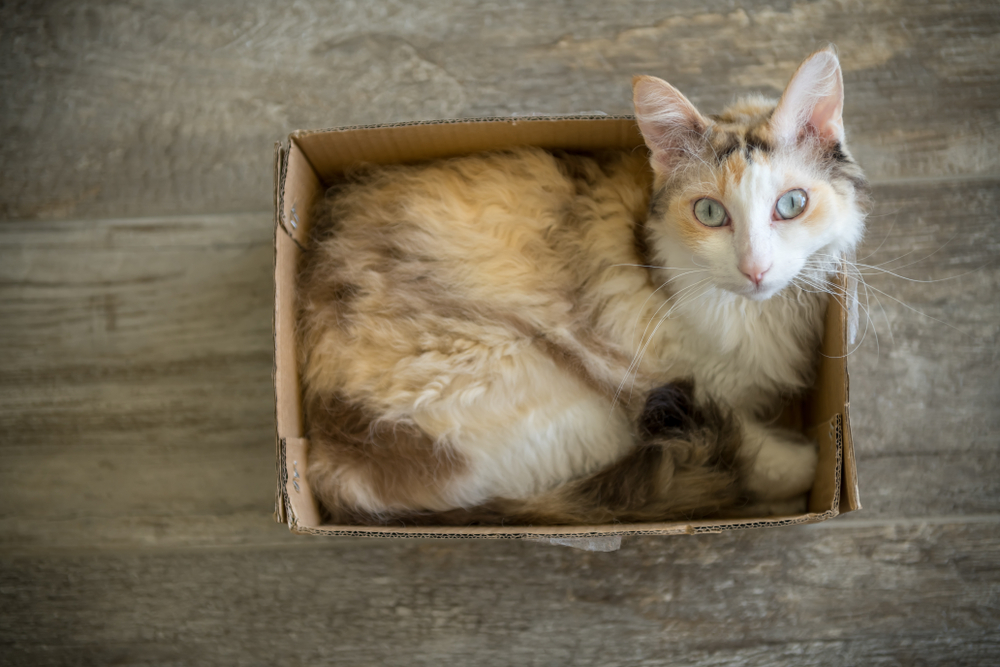
You might find it odd when your cat chooses a tiny box over a plush bed, but small spaces offer security. Enclosed areas make cats feel safe from potential predators, a habit reached back to their wild ancestors. Curling up in a confined spot helps them conserve body heat and protect vital organs. It’s a strategic choice born from a survival instinct.
Boxes also provide a stimulation-free environment, giving cats a chance to relax. It’s like their own personal sanctuary, away from the hustle and bustle. While you might prefer room to stretch, your cat finds solace in a snug space. To them, a box is more than cardboard; it’s a fortress.
9. Drinking from the Faucet
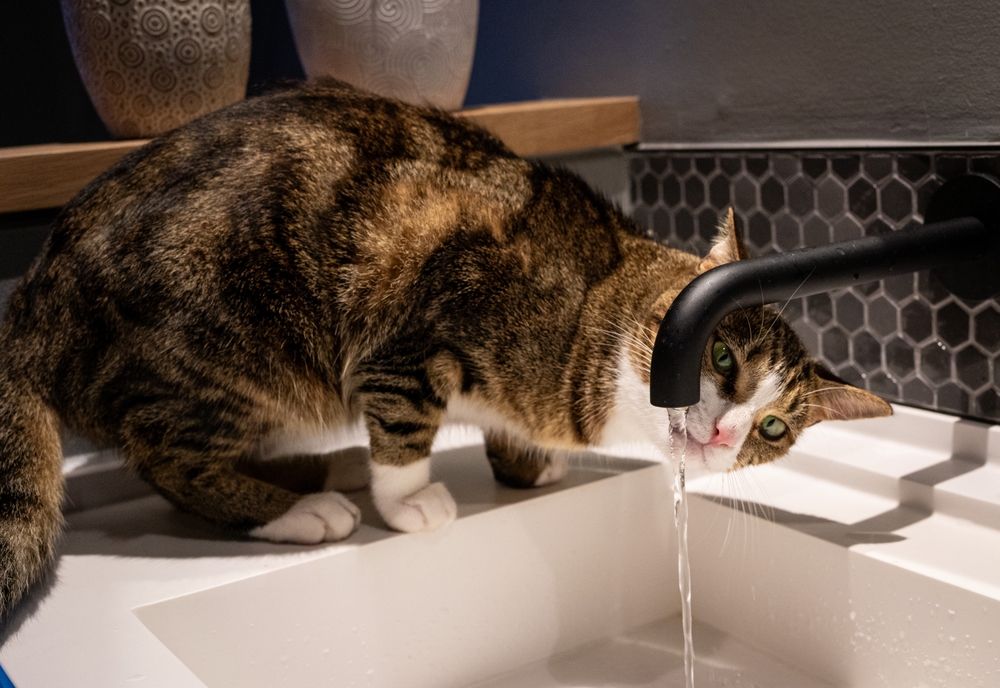
Why do cats often prefer drinking from a running tap rather than their water bowl? In the wild, moving water is usually fresher and less likely to be contaminated, which could explain their preference. The sound and sight of running water attract cats, tapping into their predatory instincts. It’s not just about hydration; it’s also a form of entertainment and exploration.
Many cat owners notice an increase in this behavior, especially if the water bowl is near their food. Some cats don’t like their water to be too close to their food source, as it mimics stagnant water in nature. Providing a cat fountain could satisfy their love for fresh, moving water. It’s a simple fix that blends their preference with practicality.
10. Staring at Nothing
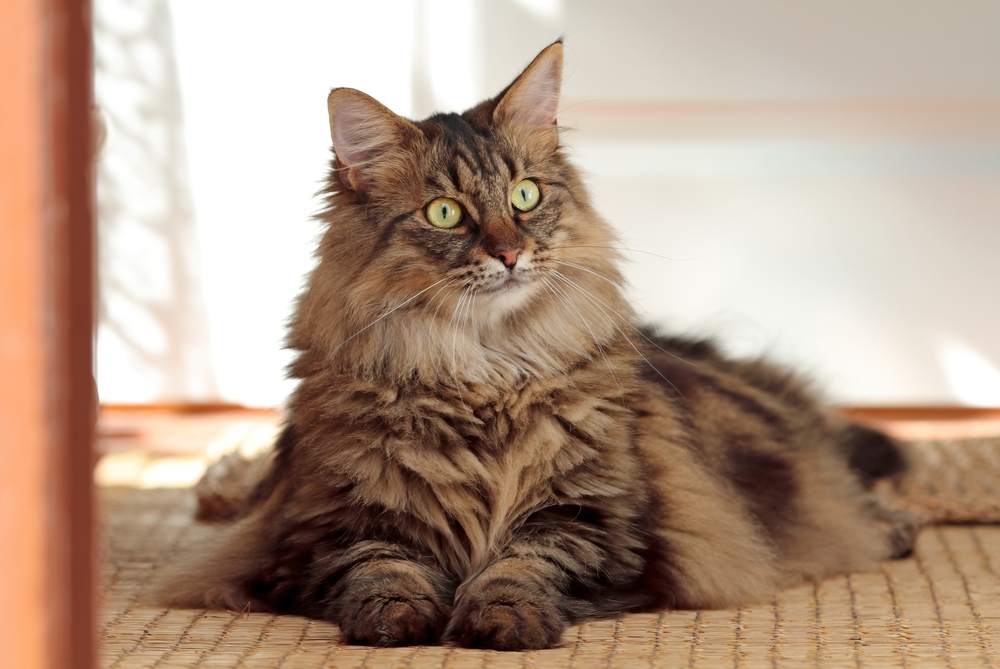
Cats have a knack for staring intently at what appears to be nothing. This eerie habit might make you question if they see ghosts, but it’s often just heightened senses at work. Cats have excellent hearing and vision, perceiving frequencies and movements beyond human capabilities. It’s likely they’re detecting subtle shifts or sounds that you can’t perceive.
This behavior is also linked to their predatory nature, as they focus intently on potential prey. In the absence of anything obvious, they might simply be daydreaming or in a meditative state. It’s a window into their complex sensory world. So, when your cat seems lost in space, they’re likely more aware than you realize.
11. Chewing on Plastic
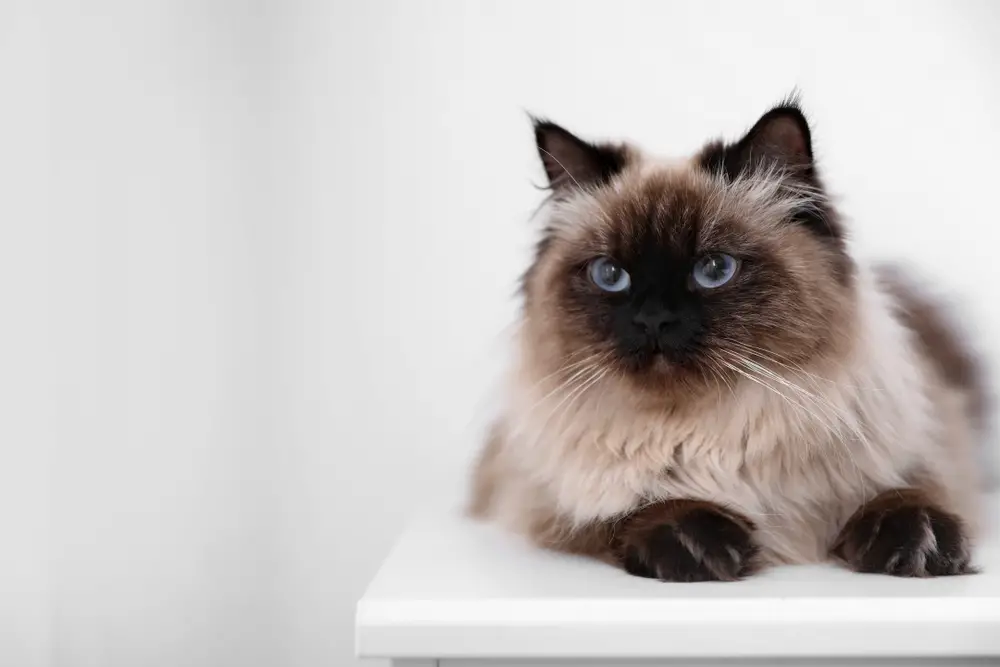
Your cat’s penchant for chewing on plastic might seem bizarre, but several reasons could explain this. The texture of plastic can be intriguing to a cat’s sensitive mouth, offering a satisfying sensation. Additionally, some plastics contain substances derived from animal fat, making them more appealing. It’s a curious habit, but not entirely irrational from a cat’s perspective.
However, this behavior can sometimes indicate a condition known as pica, where cats eat non-food items. Stress, dietary deficiencies, or curiosity can contribute to this compulsion. If your cat frequently chews plastic, it’s worth consulting a vet to rule out underlying issues. Curiosity may not kill the cat, but it could warrant a check-up.
12. Sitting on Your Laptop
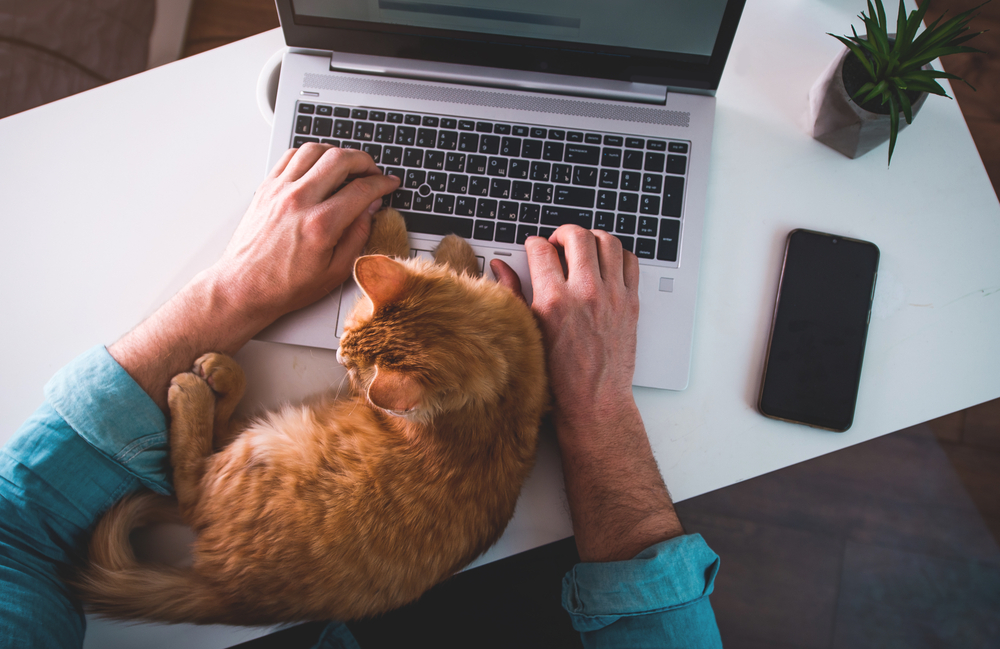
Why do cats have an uncanny ability to find and sit on your laptop whenever you’re working? It’s a combination of warmth and attention-seeking behavior. Laptops emit heat, and cats are naturally drawn to warm, cozy spots. But there’s more to it: your laptop occupies your attention, and your cat might be vying for that focus.
By sitting on your laptop, they also soak up your scent, marking it as their territory. It’s a multi-layered act of warmth, attention, and ownership. While it might be inconvenient for you, it’s all part of their strategy to bond and claim their space. And honestly, who doesn’t appreciate a furry coworker, even if they occasionally hit the wrong keys?
13. Watching You Shower
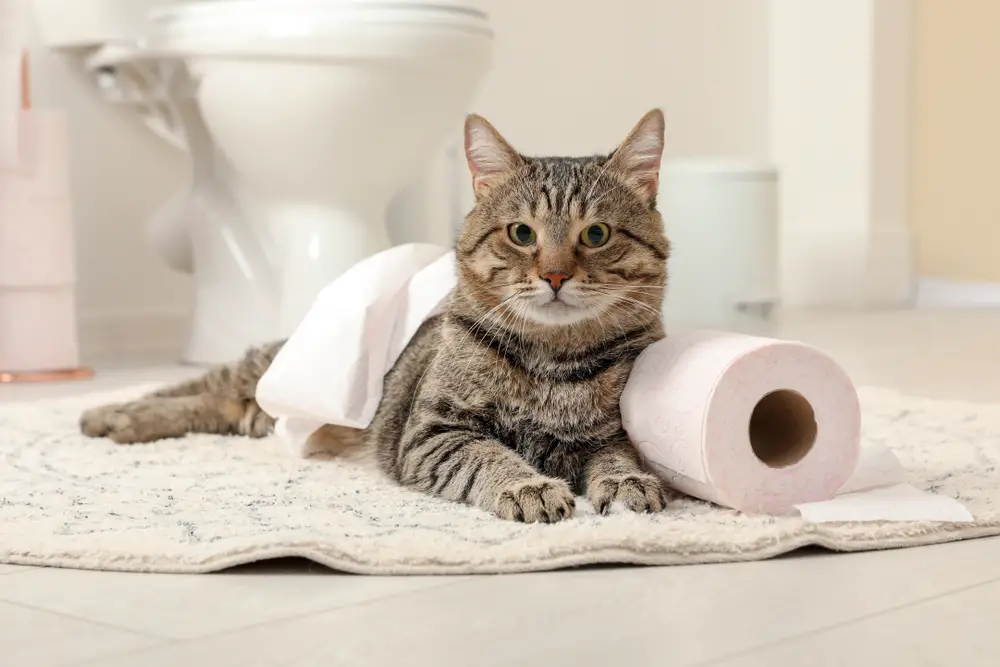
If your cat seems intrigued by your shower time, you’re not alone. Many cats show a fascination with water, even if they don’t like getting wet themselves. The sound and movement of water can be hypnotic, feeding their curiosity. Plus, the bathroom environment is rich in scents and sensations, making it an enticing place for exploration.
It’s also a sign of their affection and curiosity about your daily routines. They might not join you in the shower, but they’re eager to share in the experience. It’s yet another example of how their quirky habits are driven by curiosity and a desire to be close to you. Remember, in their eyes, you’re the most fascinating creature around.
